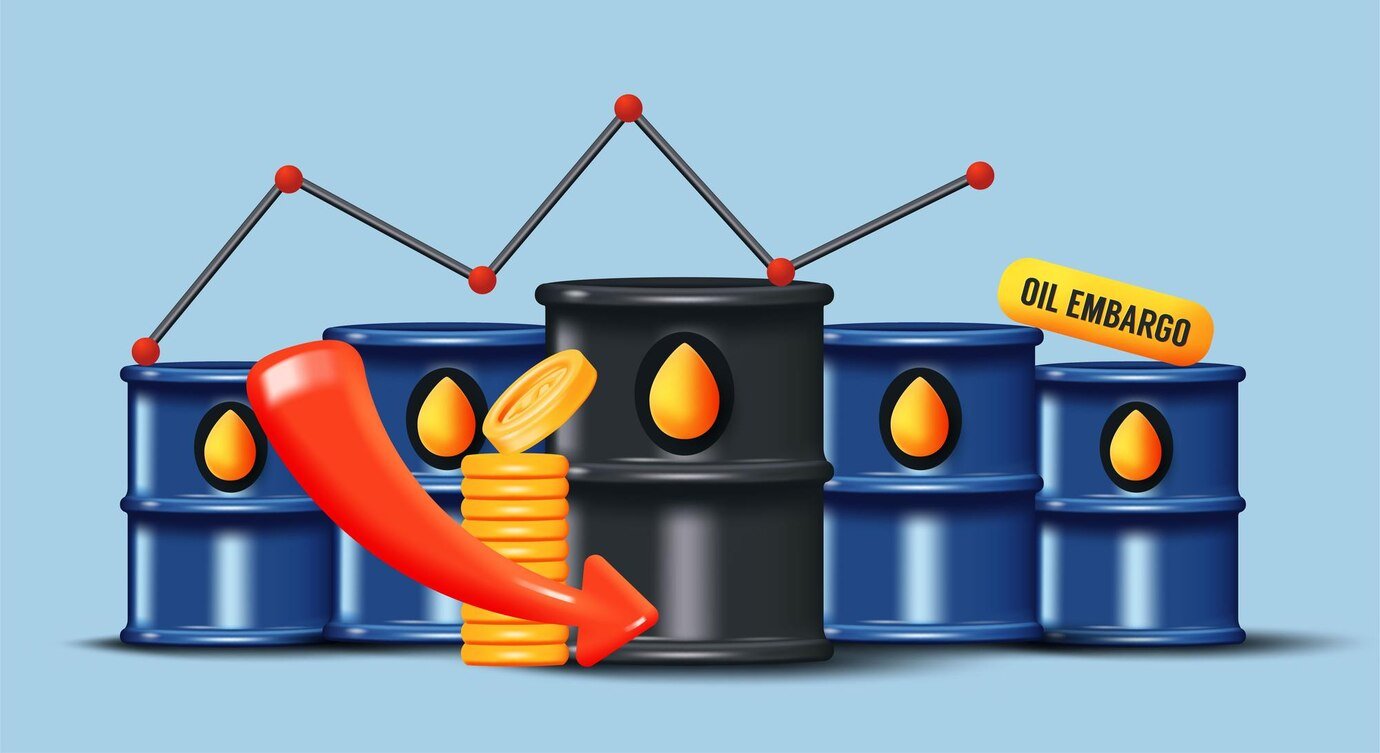Petrodollar Dynamics: Understanding the USD and Oil Trading Relationship
- 1 The Birth of the Petrodollar System
- 1.1 Historical Context: Post-World War II Era
- 1.2 Bretton Woods Agreement and the Role of the USD
- 1.3 Emergence of OPEC and Its Impact on the System
- 2 Petrodollars and the Global Economy
- 2.1 How Petrodollars Flow into the Global Financial System
- 2.2 The USD as a Global Reserve Currency
- 2.3 Economic Implications of Petrodollar Recycling
- 3 Geopolitics of the Petrodollar System
- 3.1 The Influence of Oil-Producing Nations on Global Affairs
- 3.2 Petrodollar Diplomacy: Case Studies of Key Relationships
- 3.3 Geopolitical Tensions and the Stability of the Petrodollar System
- 4 The Future of Petrodollar Dynamics
- 4.1 Challenges to the Petrodollar System
- 4.2 Alternatives to the USD in Oil Trading
- 4.3 Potential Scenarios and Their Global Ramifications
- 5 Environmental Considerations
- 5.1 The Environmental Impact of the Petrodollar System
- 5.2 Transitioning to a More Sustainable Energy Future
- 5.3 Implications for the USD and Global Financial Stability
- 6 Conclusion
The global economy is intricately linked to the dynamics of the petrodollar system, a complex web of financial transactions and political relationships centered around the United States dollar (USD) and the global trade in oil. This article delves deep into the subject, exploring the historical origins, economic consequences, geopolitical implications, and potential future scenarios of the petrodollar system. Visit Oil Profit platform today and immerse yourself in the incredible features that can make your trading journey more rewarding.
The Birth of the Petrodollar System

Historical Context: Post-World War II Era
The origins of the petrodollar system can be traced back to the aftermath of World War II when the United States emerged as the world’s dominant economic and military power. The Bretton Woods Agreement, established in 1944, pegged many world currencies to the USD, making it the de facto global reserve currency.
Bretton Woods Agreement and the Role of the USD
Under the Bretton Woods system, the USD was tied to gold at a fixed exchange rate. This arrangement provided stability to the global financial system and positioned the USD as the primary international medium of exchange.
Emergence of OPEC and Its Impact on the System
In the 1960s, the Organization of the Petroleum Exporting Countries (OPEC) was formed, comprising major oil-producing nations. OPEC’s decision to price oil exclusively in USD cemented the dollar’s status as the currency of global oil trade, giving birth to the petrodollar system.
Petrodollars and the Global Economy
How Petrodollars Flow into the Global Financial System
When countries purchase oil from OPEC members, they pay in USD. These petrodollars are then reinvested by oil-exporting nations into international financial markets, fueling economic growth and development.
The USD as a Global Reserve Currency
The petrodollar system contributed significantly to the USD’s role as the world’s primary reserve currency. Central banks and international institutions hold vast reserves of USD, further solidifying its dominance.
Economic Implications of Petrodollar Recycling
Petrodollar recycling has had profound effects on global interest rates, inflation, and trade balances. The recycling process has both benefited and posed challenges to the global economy, with debates about its impact continuing to this day.
Geopolitics of the Petrodollar System
The Influence of Oil-Producing Nations on Global Affairs
Oil-producing nations have leveraged their petrodollar wealth to wield influence on the global stage. They have used their financial clout for diplomatic purposes, investments, and strategic alliances.
Petrodollar Diplomacy: Case Studies of Key Relationships
Examining case studies of petrodollar diplomacy, such as the U.S.-Saudi Arabia relationship, offers insights into the political power wielded by oil-exporting nations.
Geopolitical Tensions and the Stability of the Petrodollar System
Geopolitical conflicts, such as those in the Middle East, can disrupt the stability of the petrodollar system. Understanding these tensions is crucial for assessing the system’s resilience.
The Future of Petrodollar Dynamics
Challenges to the Petrodollar System
Various factors, including the rise of renewable energy and shifting global power dynamics, pose challenges to the petrodollar system’s long-term stability.
Alternatives to the USD in Oil Trading
Some countries and organizations have explored alternatives to the USD in oil trading, such as the Chinese yuan and cryptocurrencies. These developments could reshape the petrodollar landscape.
Potential Scenarios and Their Global Ramifications
We explore potential future scenarios, from the continued dominance of the USD to a multi-currency system, and analyze their potential global economic and political ramifications.
Environmental Considerations
The Environmental Impact of the Petrodollar System
The petrodollar system has played a significant role in driving fossil fuel consumption, contributing to environmental challenges such as climate change. Examining its environmental consequences is vital.
Transitioning to a More Sustainable Energy Future
As the world shifts towards renewable energy sources, how will this impact the petrodollar system? We discuss the challenges and opportunities in transitioning to a more sustainable energy future.
Implications for the USD and Global Financial Stability
The potential decline of the petrodollar system could have far-reaching implications for the USD’s value and global financial stability, requiring careful consideration by policymakers and economists.
Conclusion
In conclusion, delving into the intricate interplay of economics, geopolitics, and environmental concerns within the petrodollar system reveals its fascinating and paramount role in global affairs. A comprehensive understanding of these dynamics is essential for grasping the nuances of the global financial order, as well as the myriad challenges and opportunities it presents in an ever-evolving world. As the petrodollar system undergoes transformations that reverberate through international economics, it continues to wield profound influence over the trajectory of the U.S. dollar and the broader global economy.

















